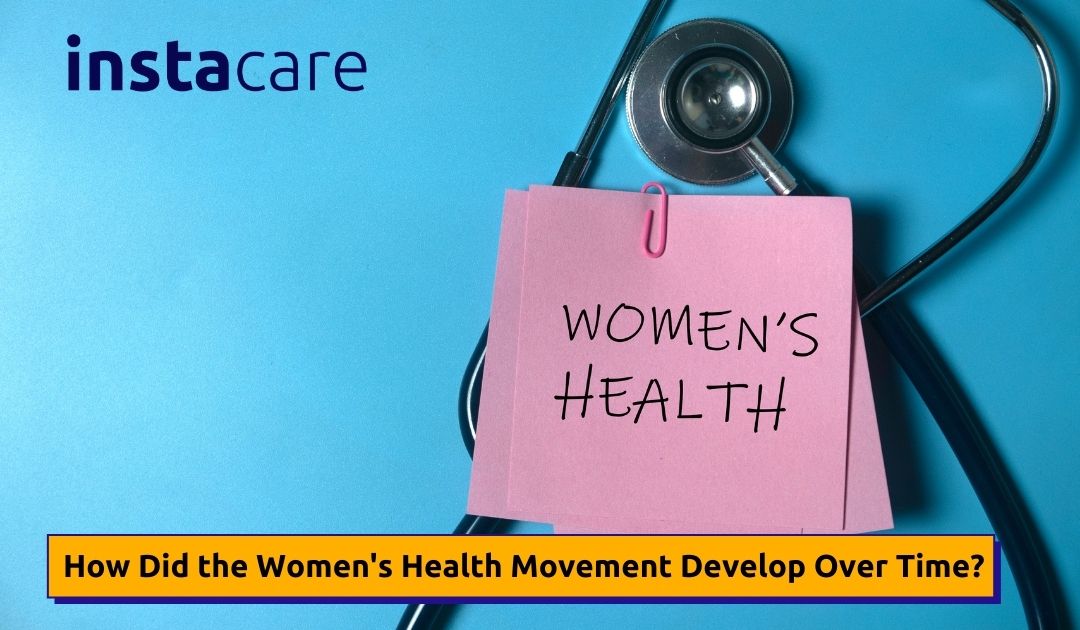Women and Their Health
The body of a woman goes through different transitions from time to time. From an infant to puberty, from menstruation to pregnancy, from motherhood to menopause. There is a whole timeline and journey a woman walks through her life.
At every stage she is different and the demands of her body too. To stay healthy and going, no matter what age you are, you must take care of yourself. In this article, we are going to discover the screening tests a woman needs to get done as she ages.
Age 11 to 12- Human Papilloma Virus Screening
Preteens and teens, girls and boys should get a vaccination against the Human Papilloma Virus, which has the potential to cause six types of cancer. Through this vaccine, you can prevent your child from getting cervical cancer or of the genital region. According to the CDC, the vaccine has helped in reducing the cases of HPV cancers and genital warts by 86% among teen girls.
Age 20- Visit A Gynaecologist
As you turn into an adult girl, start attending your annual visits to a gynecologist. They will examine your breast, and perform a general examination as well as external genitalia examination. They may also perform pelvic examination if you have any complaint or they feel the need to do so.
Age 21-29- Get Pap Smear Done
With the increasing age, you must get a Pap smear screening test done. It would screen your body for precancerous or cancerous lesions in the cervix. During this procedure, the healthcare provider would scratch out some cells from your cervix- an opening above the vagina. Then they will examine those cells under the microscope for the final diagnosis. You need to get a pap smear done after every three years, even if you are doing fine.
View More: What Are The Pros And Cons Of Epidural You Must Know About
Age 30- Screening For Human Papilloma Virus
Along with regular pap smears, you need screening for Human Papilloma Virus. You need to get it done after every five years if a pap smear is fine.
Age 40- Mammography
As you reach forty years of age, make a routine mammography screening. It is a non-invasive procedure in which the healthcare providers would check your breasts through a low-dose X-ray. This procedure will help out in screening for any cancerous lesion in the breast. Early detection of breast cancer makes it easier for healthcare providers to treat the condition. If you are healthy, get mammography done every year after forty years of age. If it does not come out fine, the doctors may perform more tests like a biopsy to finalize the diagnosis.
Age 45 to 50-Colonoscopy
For colorectal cancer screening, you need to get a colonoscopy done, starting from forty-five years of age. However, if you are at risk, or anyone in your family has a history of colon cancer, the healthcare provider may ask for screening at an earlier age. If you have polyps in your colon, get a colonoscopy done after every three years. Polyps are benign. However, they can turn into cancerous lesions at any time. Therefore, they need your attention. Do not delay your screening tests, even if the previous results are fine.
Age 65- Bone Mineral Density Test
Due to hormonal influence, your bones are at risk of developing osteoporosis- a condition in which your bones become thin and porous. Therefore, to screen for it, you need to get a DEXA scan, that would check out the density of your bones. It is a non-invasive procedure in which the healthcare providers use low-dose X-rays to check out the health of your bones.
Age 75- Do You Still Need Them?
As you reach seventy-five years of age, ask your healthcare professional that do you need to get coloscopy and mammography done or not? In some cases, it makes sense to stop the screening. However, do not stop that by yourself. Always wait for the final decision from your healthcare provider regarding that.
Conclusion
For early detection of certain health diseases, you need to get screening tests done. However, the list of those tests keeps on changing from time to time. At every stage of life, you have some new challenges to face. Therefore, to avoid any complications regarding your health, visit a healthcare provider on time.
Please book an appointment with the best Gynecologist in Lahore, Karachi, Islamabad, and all major cities of Pakistan through InstaCare, or call our helpline at 03171777509 to find a verified doctor for your disease.












